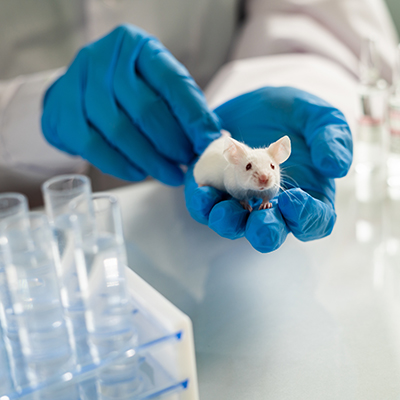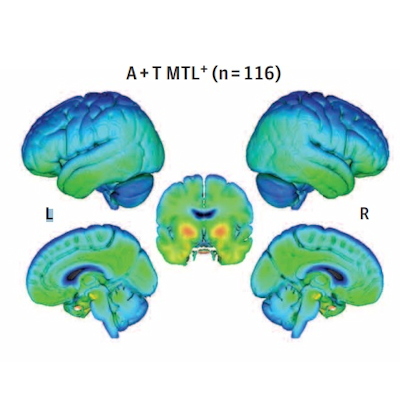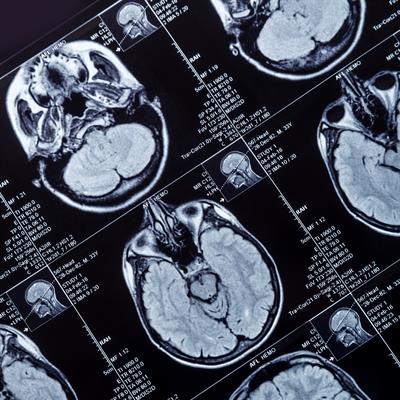July 15, 2022 -- University of Texas Health Science Center at Houston (UTHealth Houston) researchers performed a series of whole blood exchange treatments to partially replace blood from mice with Alzheimer’s disease-causing amyloids in their brains with blood from healthy mice of the same genetic background. The results could potentially offer a disease-modifying Alzheimer’s therapy, they contend.
Their study, published on July 15 in the journal Molecular Psychiatry, found that the development of cerebral amyloid plaques in a transgenic mice model of Alzheimer's disease was reduced by 40% to 80%, resulting in improved spatial memory performance in aged mice with the amyloid pathology while lowering the rates of plaque growth over time.
Though the exact mechanism by which the blood exchange reduces amyloid pathology and improves memory is unknown, the study shows that a target for Alzheimer's disease therapy may lie in the periphery. One of the challenges of treating Alzheimer's disease is the difficulty in delivering therapeutic agents across the blood-brain barrier.
"This approach has the advantage that the disease can be treated in the circulation instead of in the brain," said senior author Claudio Soto, PhD, professor in the department of neurology with McGovern Medical School at UTHealth Houston, in a statement.
"This article provides a proof-of-concept for the utilization of technologies commonly used in medical practice, such as plasmapheresis or blood dialysis, to 'clean' blood from Alzheimer's patients, reducing the buildup of toxic substances in the brain," Soto said.
Copyright © 2022 scienceboard.net









